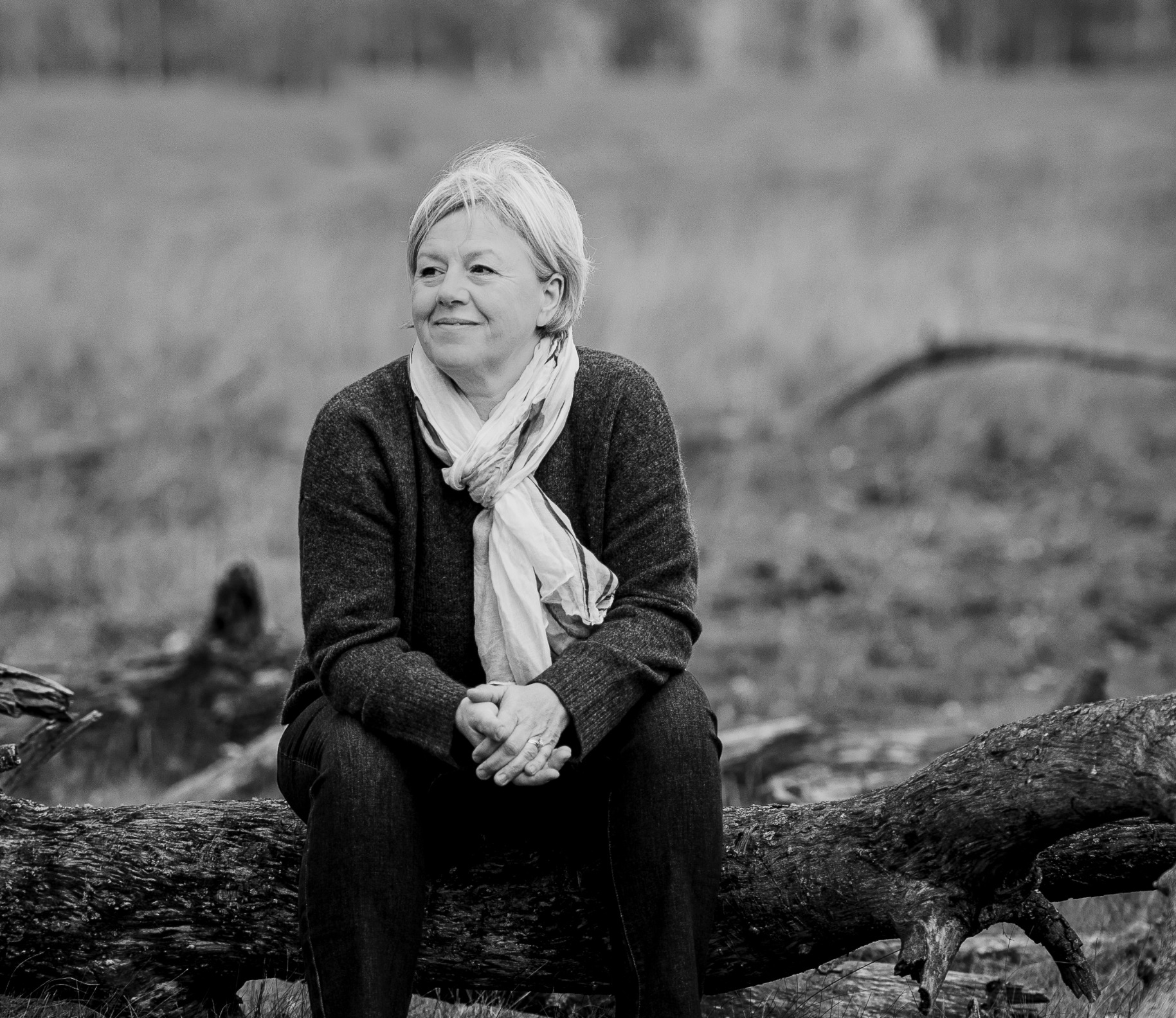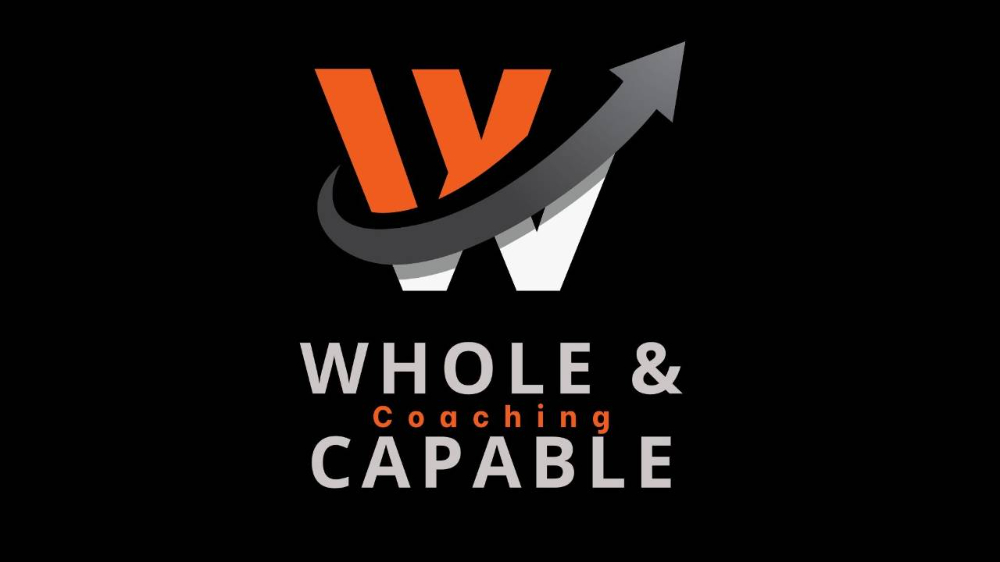Into the Shadows that Shaped Us
May 23, 2025
Lately my mornings have been filled with sorting. I take 1 hour in the quiet morning light and I sift and sort through years of pictures that have come to rest in boxes. Every picture to be scanned and diverted into 3 identical copied folders. I do it so that my children will never become adults who are missing pieces of their childhoods. Today I came across my "School Years" memory book. Each school year contains a picture and details about what you aspire to be. I can't help but think back to that day when 5 year old me sat alongside my kindergarten friends focusing hard on the corner of my workbook. If I stared at that corner long enough then I wouldn't hear any of their voices. I could escape into a place where I couldn't hear them and they didn't have to hear me.
The question asked of us that day was simple: What do you want to be when you grow up? It seems like an innocent, playful exercise. A chance for young minds to dream, to imagine, to see themselves as astronauts, artists, teachers, explorers. For some, their answers reflect encouragement, the kind of support that nurtures dreams and invites curiosity. For others—for those who grew up in homes absent of love and stability—this question might have carried an unspoken weight.
I remember sitting in my kindergarten classroom, small hands folded on the desk, looking up at Mrs. Labree as she asked the question that filled the room with excited voices. Children around me confidently declared their futures, singing choices filled with hope. But I sat in silence, terrified. I didn't know that I could be something when I grew up. To be honest, I never thought I would escape from my mother’s control long enough to be anything at all. At that point my nervous system couldn't tell the difference between her question and a grizzly bear attack.
Later, when I was old enough to understand the expectations placed upon me, I would tell people I wanted to be a doctor. Not because I had dreamed of saving lives, but because I knew it was an answer that would make people think higher of me. I had already started to orphan my story—the story of a childhood defined by pain—erasing it, replacing it with something more acceptable.
And when the time came to choose my path for real, I was paralyzed. I didn’t know how to decide, so I did what was easiest—I followed the crowd into education. It was the safe choice, the one that required no deep self-examination. But once I became a teacher, something shifted. I found myself drawn to the children who carried the same kind of wounds I had. The quiet ones, the guarded ones, the ones who had already learned how to survive in ways that no child should have to. They spoke to me the loudest, not with words, but in the way they navigated the world.
Malcolm Gladwell once wrote, "Who we are cannot be separated from where we're from." That statement lingers—because for many who grew up in hardship, where they come from becomes the force that drives them forward. Their childhood wounds forge their sense of purpose, and their chosen careers reflect their own need to heal, protect, or serve.
For some, this means becoming counselors who help others process their own trauma. For others, it means entering law enforcement, standing up for justice because they once felt powerless. Some become social workers or educators, giving children the support they wish they had growing up. It’s not just about a career—it’s about purpose. About turning survival into service.
And maybe that’s the unspoken answer behind the question we were asked as children: What do you want to be when you grow up? Perhaps it was never just about ambition. Maybe it was always a reflection of something deeper, something rooted in where we came from and how we needed to grow. Perhaps, without realizing it, we have always been reaching for that shelter, or becoming it.
But what happens when the shelter we provide for others is stronger than the one we ever had for ourselves? When the roles we step into—protector, healer, guide—become the very things we wished someone had been for us?
It’s a quiet kind of reckoning, realizing that survival has shaped us in ways we didn’t plan, ways we never spoke aloud. We build careers, carve out futures, stand in the spaces where others need us most—not just because we choose to, but because something in us has always known that we must. So maybe the real question isn’t what we wanted to be when we grew up, but why we wanted to be it. Maybe our work, our purpose, our very reason for being—has always been about filling the void we once knew so intimately. And in doing so, maybe we finally begin to answer the question we were never asked: What did you need when you were young?
Still wondering how I could help you move forward? Tap Here!
Anastasia Jorquera-Boschman is a retired teacher, principal and educational consultant. She spends her time now writing, speaking and holding space for her clients as a Trauma-Informed Resilience coach.



